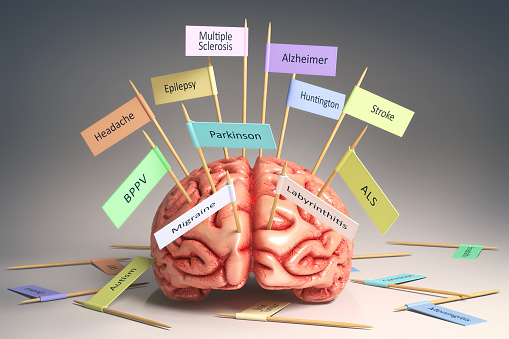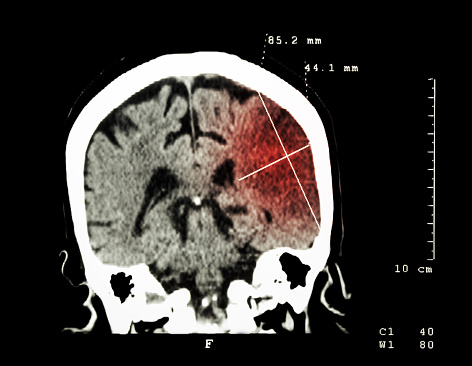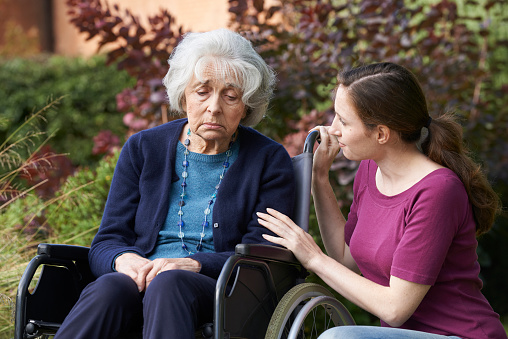Heart disease and dementia in older postmenopausal women: Study
A recent article published in the Journal of the American Heart Association states that postmenopausal women with heart disease have a higher risk of developing dementia or other forms of decreased brain function. According to the article, nearly 6,500 U.S. women aged 65-79 with healthy brain function were put through a series of neurocognitive exams. ...click here to read more














